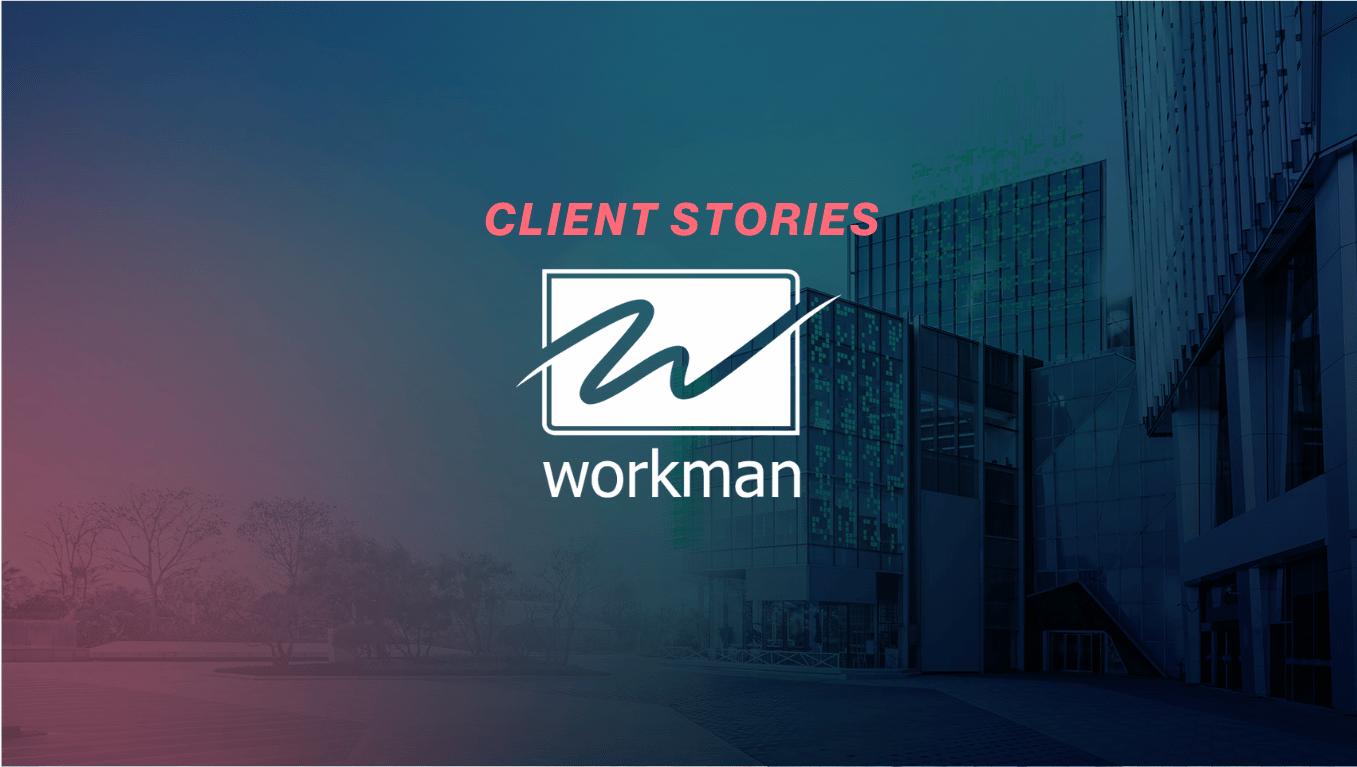A successful partnership between a property company and a technology provider requires a significant level of compatibility. An ideal technology partner for one property company is not necessarily the best match for another.
This isn’t a reflection on the quality of service or product being provided; instead, it’s more often than not down to a lack of compatibility – concerning practices, aspirations, or values.
As with any new partnership, there are fundamental questions to be asked from the outset. When it comes to technology though, there are more specific points of discussion.
I’m hoping that by offering some tips from my own experiences, this list is useful to anyone about to embark on a partnership with a new technology provider. Of course, there’ll be varying opinions, and I’d welcome you to challenge any of my ideas.
1. What do you know about my company?
This one seems simple but often missed, during the early stages of courting a new technology provider.
It’s simple. Have a clear and frank conversation with any potential partner to give you an idea of how much knowledge they have about the property industry.
Never take it for granted that your tech partner knows about the industry in which you operate. Moreover, even if they do have broad property experience, do they have specific experience in residential, for example, or commercial property? Don’t be afraid to grill them.
It’s alchemy. You’re looking for someone who has a good grounding in the traditional industry, specific insight into the day-to-day workings of your sector, and a technological solution which acts to make your professional life easier, more efficient, and ultimately more profitable.
You need all of these things to be present in a partner; a lack of knowledge could result in you having to carry all the weight. As you evolve, the tool or solution may struggle to keep up with your progress.
Ignorance puts lead in your boots, and knowledge makes you nimble.
2. How do we know that you’re going to be around in 12 months?
Anyone who has witnessed the recent growth of PropTech would agree that it has been an exciting time for the industry. However, it is inevitable that along with success comes failure – and PropTech has already seen a few casualties exit the marketplace.
So, how do you ensure that your next tech partner is not here today and gone tomorrow?
When courting a potential new partner, it’s critical to discuss funding. The ensuing conversation around investment, equity and security should give you the intel you need to calculate any long-term risk.
After all – you’re investing time, money and significant company resource into this new partnership, so why not perform the same due diligence that you would with any other investment?
3. What are your core values? (Beyond making money)
In today’s world, it is expected that companies have a strong moral and ethical code running through their core. Many consumers now expect commerce to utilise their privileged position and help make the world a better place.
Now, this isn’t to say that both you and your tech partner need to share a common belief that you can change the world and help those most in need. Instead, I’m suggesting that it’s worth considering that your new provider shares a similar moral code. Do their ethics align with yours? At the very least, they shouldn’t contradict your core values.
4. Who owns my data?
The dynamic between technology and property inevitably produces the by-product of data. It’s vitally important that all parties be fully aware of and are happy with, the arrangements around who owns the data, both now and in the future.
With data replacing oil as the trading currency of the 21st century, your data is an incredibly valuable commodity.
It’s essential that you ask the question about ownership of data, before entering any agreement with a tech provider, so that both parties can proceed with full transparency and are mutually happy.
5. How safe is my data?
We live in a SaaS society – a cloud orientated culture if you will. It feels like our entire lives are moving into the cloud. This topic warrants its own article, but back to the point of this article – cloud-based systems make our lives infinitely more manageable. In technology, it means we don’t have to worry about scaling, or about the barriers of hardware infrastructure. However, working with a new technology partner does mean that you’re handing over your trust.
It is, therefore, crucial to understand the security credentials of any potential supplier. Are they penetration tested? Do they employ redundant data centres? How often is the data backed up?
Your data is one of your most valuable commercial assets, so ensuring its long-term security is of paramount importance.
6. Can I talk to some of your existing clients?
It’s often said that there is no better endorsement than word-of-mouth recommendation.
You can read about the happy clients of any potential supplier on their website; in the form of case studies, testimonials or overtly positive quotes from heads of business. But don’t take their word for it!
Of course, I’m being deliberately cynical to emphasise the point that you shouldn’t be afraid to ask for more info. The tech firms with utmost confidence in their reputation may even offer to put you in touch with some of their previous clients, so take the opportunity to network with folk who are on the same journey as you, albeit a little further down the road.
7. What does my team look like?
Another critical question, which often goes unasked until the very last minute. Whom do you contact when you need assistance, advice, a decision, or to escalate an issue?
There’s not a “right or wrong” answer here – your team depends on many project variables. So, it may be easier to explain how we do things at Coyote, and perhaps more importantly, the reasons why.
We start with a project kick-off meeting involving stakeholders from both sides. The objective is to identify the project scope and criteria for success.
Personal connections forged in the early days of a project help to generate real momentum, so when the go-live date comes around, it’s not a standing start.
This process helps each side to map out individual roles, team structure and the hierarchy in place – particularly useful when you need to know where to turn to for help, or if you need to escalate an issue.
8. Can you scale with us?
You may share common qualities with your next partner during the early stages of a new partnership, but what about further down the road? Can your next PropTech partner scale with you and meet your needs of the future?
The DNA of PropCo’s in 2019 is fundamentally different to what they were even just two short years ago. Technology is changing commerce at exponential speed, so although your new partner may show commitment up front, you’ll want to feel confident they can keep up with you in the long term.
Whether you’re a start-up or an FTSE 100, longevity should be on your agenda.
9. Can we be more than just your customer?
When it comes to engaging with technology providers, PropCo’s can take advantage of collaboration opportunities that may not be immediately obvious.
Co-creation is a fine example of partnership made possible in the Digital Age, and a form of collaboration which has proven incredibly fruitful in CRE.
Take your average tech provider with an innovative product, but lacking in specific industry knowledge. You, as the industry insider; familiar with the pain points and frustrations of day-to-day business.
Together you co-create a better solution; your industry knowledge, their technological innovation, resulting in something above and beyond all else available.
10. What are my options if things don’t work out?
While we’ve all used off-the-shelf software on a free trial basis at some point or another, it’s nigh-on impossible to offer a free trial period for enterprise-grade software. There are many variables for a start. Combined with the level of customisation needed to create a fit between your business and any new technology, means that onboarding is likely to play a big part of the project and therefore a barrier to any kind of trial scheme.
Perhaps not as awkward as broaching the subject of a prenup agreement before wedding your new love, but you need not to be embarrassed about discussing the unlikely event of divorce with a new tech provider.
Thankfully it is extremely rare, but the relationship between client and tech partner isn’t immune to fallout. So, if you do have to pull out of a partnership, make sure you understand how you’re going to receive your data in a format that you can use. Can they provide an API or an export, for you to receive your data easily?
It’s a practical step that may just help you avert disaster.
Final thoughts
Hopefully, at least one of these points has given you food for thought and will help you gain more value from your next technology partner.
Assuming you ask (at least some of) the ten questions mentioned above, it should help to instil confidence in your decision.
The next question to ask, is what does success look like? But that’s an article for another day…
Ultimately, you want to be forming long-term relationships with technology providers, not short-term flirtations or infatuations. Whatever your situation though, asking the right questions is the key to building successful relationships.
Read the original version of this article on Unissu.





